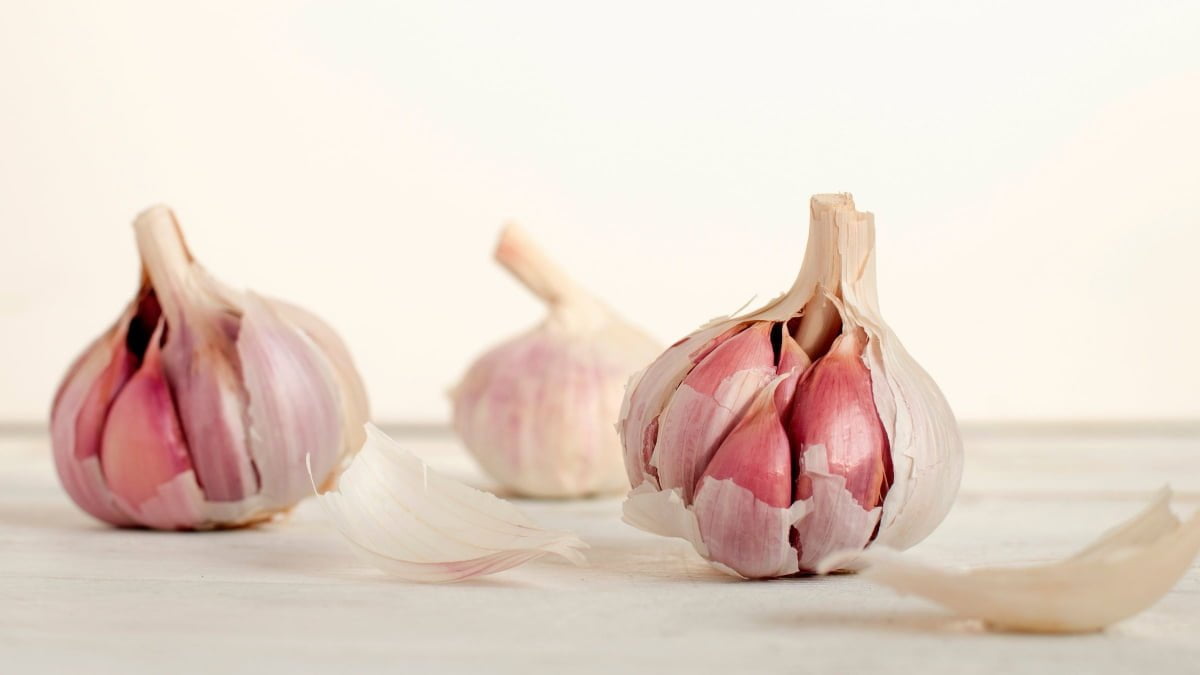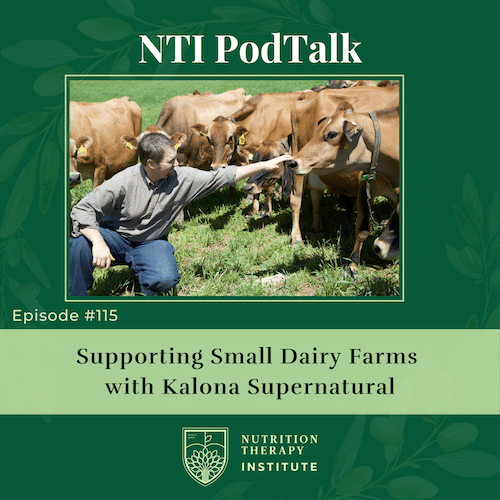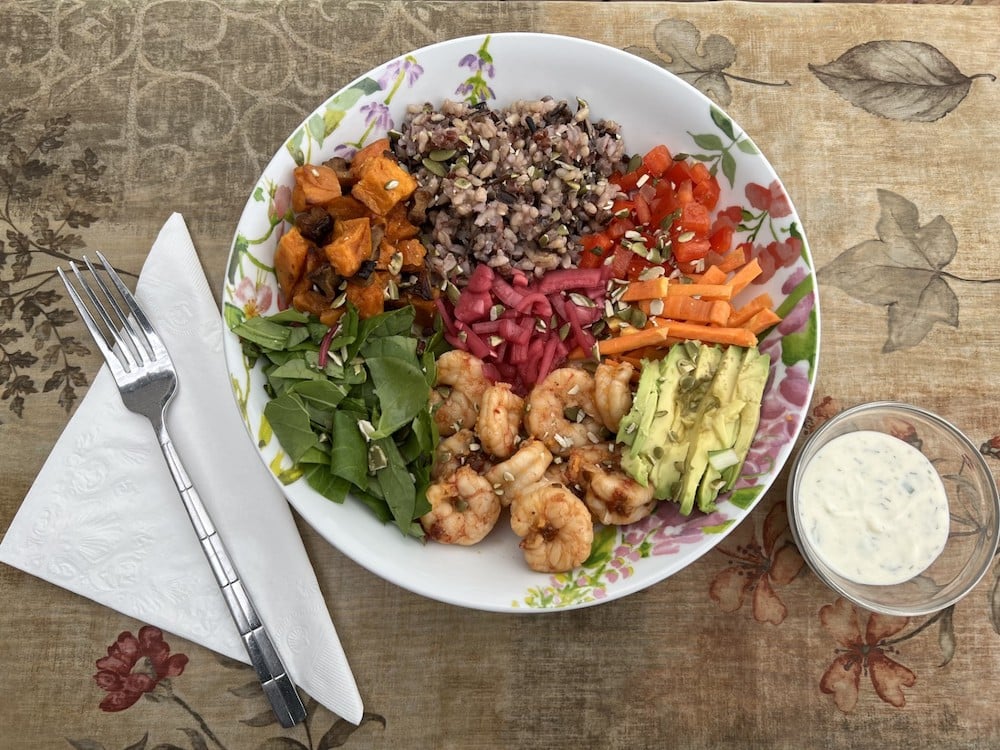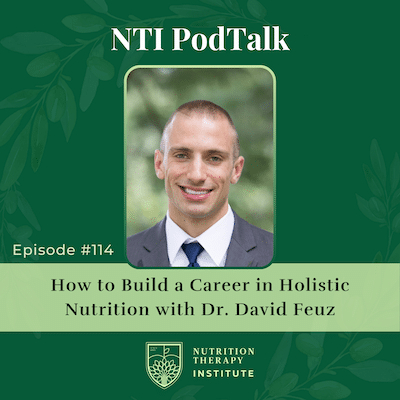
Share this post!
From pesto to pizza and curry to chutney, garlic is a culinary staple around the globe. Garlic gives any dish a burst of pungent flavor. Although we might add it mindlessly to everyday meals, the benefits and uses of garlic extend far beyond the kitchen. In this article, we take a look at how garlic works, the active compounds in garlic, and 7 surprising uses for garlic that you may have never heard of.
How Garlic Works
The active compounds in garlic exert a wide range of effects. Many of them have antioxidant effects, scavenging free radicals. Garlic also modulates immune function and the inflammatory response. Garlic has an antiplatelet (blood-thinning) effect, which might be beneficial in some cases and dangerous in others. Much of garlic’s usefulness stems from its antimicrobial effects. Garlic has demonstrated action against bacteria, viruses, fungi, and parasites.
Active Compounds in Garlic
The active compounds in garlic depend on the garlic preparation. Common ways to prepare garlic include raw garlic, water extracts of garlic, aged garlic, and garlic oil.
Raw garlic cloves contain a compound called alliin. When garlic is chopped or crushed, the alliinase enzyme is activated and converts alliin into allicin. Allicin is the primary active compound in raw crushed garlic or water extracts of garlic.
Aged garlic is prepared by slicing the garlic and soaking it in ethanol for a year and a half or more. The process of aging garlic decreases the alliin content and increases the quantity of s-allyl cysteine and other compounds with antioxidant activity.
Garlic oil is another common form of garlic. It’s prepared by steam distillation and leads to a higher concentration of sulfur-containing compounds.
7 Surprising Uses for Garlic
Ward Off the Common Cold
A study published in 2001 evaluated the effects of taking a garlic supplement through the cold and flu season, from November through February. Of the 146 volunteers enrolled in the study, half took an allicin-containing garlic pill every day, and half took a placebo for 12 weeks.
There were 24 colds reported in the garlic group and 65 colds reported in the placebo group throughout that winter. Whereas the garlic group reported a total of 111 days affected by some sort of cold or virus, the placebo group reported a total of 366 days.
The researchers concluded from this study that garlic might reduce the risk of getting the common cold and also decrease the duration of symptoms in those who become infected.
Eliminate Warts
Common warts on the feet or hands often recur despite treatment. A study published in 2015 evaluated the effect of garlic oil on common warts.
Fifty volunteers were randomized to apply garlic oil or saline (the control) to a single wart or the largest wart in the case of multiple warts. The garlic or saline was to be applied until the wart was cleared or for a maximum of 4 weeks.
There was a significant difference in the success rate between the control group and the garlic group. There was a 96% success rate in the garlic group within four weeks, and no recurrences were observed.
One thing to consider when applying garlic oil to your feet is to be sure to wear socks! Garlic oil could be challenging to wash out of carpets, furniture, or sheets.
Quell Athlete’s Foot
Athlete’s foot is a fungal infection on the feet and is commonly treated with over-the-counter antifungal creams. One of the compounds in garlic that has demonstrated antifungal effects is called ajoene.
In a study of 47 soldiers with athlete’s foot, researchers compared three creams: 0.6% ajoene cream, 1.0% ajoene cream, and 1.0% terbinafine (an over-the-counter antifungal). The creams were applied twice a day for one week, and the results were evaluated 60 days later.
Results showed a 100% success rate for the 1.0% ajoene cream and a 94% success rate for the 1.0% terbinafine group.
This study used a specific preparation of a garlic extract. We don’t know whether other preparations of garlic would lead to similar results.
Fight Hair Loss
One of the most surprising uses for garlic is to fight hair loss. Garlic gel has specifically been studied in a group of patients with a form of hair loss called alopecia areata.
In the garlic and hair loss study, 40 patients were randomized to use a topical corticosteroid (the standard treatment), and 40 were randomized to use a topical corticosteroid plus a garlic gel. Results showed that garlic gel significantly improved the response to corticosteroid cream.
It’s important to note that this study was conducted in a group of patients with an autoimmune disorder called alopecia areata. This is different than male-pattern baldness. We don’t know if garlic gel would have the same effect in other forms of hair loss.
Work with Antibiotics
Antibiotic-resistant infections, as well as antibiotic-associated fungal infections, are becoming a global problem. A study published in 2015 evaluated the effects of garlic on three strains of microbes: methicillin-resistant Staphylococcus aureus (MRSA), Pseudomonas aeruginosa and Candida albicans.
Researchers isolated 30 samples of each bacteria or fungi from patients at a hospital in China. Then they exposed them to water (the control), fresh garlic extract, antibiotics, or a combination of fresh garlic extract + antibiotics.
Fresh garlic extract showed the potential to improve the sensitivity of multi-drug resistant pathogens to antibiotics. This study was done in a lab, so the next step will be to evaluate garlic in clinical trials of drug-resistant microbes.
Repel Insects
Some believe that garlic acts as a mosquito repellant. After eating raw garlic, the allicin is released through your pores, emanating a scent that mosquitos supposedly abhor.
A 2005 study did not support this view. Participants ate garlic or a placebo on a single visit and then were exposed to mosquitos. The results did not show any benefit of eating garlic. However, it might be that garlic needs to be consumed for a more extended period of time to show any effect.
There is some evidence that garlic may help to deter ticks. This effect has not been assessed in humans, but there is evidence from the lab that an extract of garlic may have some ability to repel ticks.
Chase Bugs from the Garden
Garlic is a common ingredient in natural sprays to deter bugs and pests from the garden. There is some published research to show that garlic has insecticidal activity against insect larva, pupae, and adults.
You can purchase natural garden insecticides or make your own garlic spray. Check out Gardening Know How for step-by-step instructions to make a garlic spray for your garden.
Make Garlic a Part of Your Life
You can reap the antioxidant and immune-supportive benefits of garlic by including it in your everyday cooking. Also, it’s likely that the seven surprising uses for garlic that we listed here only scratch the surface of garlic’s miraculous effects. Keep garlic in the back of your mind whenever you are up against bacteria, viruses, fungi, and even bugs.
About the Author: Sarah Cook, ND, is an instructor at the Nutrition Therapy Institute. She is also the owner of ND Pen, providing branding, copywriting, and website design services for integrative healthcare practitioners. Connect with Sarah at www.ndpen.com.
About Nutrition Therapy Institute’s Holistic Nutrition Certification
Nutrition Therapy Institute (NTI) is a leader in holistic nutrition education. Since 1999, NTI has provided students with the highest quality in nutrition training by offering comprehensive holistic nutrition courses online and in-person to help students achieve thriving careers as holistic nutrition therapists in the field of holistic nutrition counseling and wellness.
Interested in starting our holistic nutrition courses and earning your holistic nutrition certification? Attend an informational webinar to learn more!
Image: Garlic by Mike Kenneally is free for use by Unsplash
Share this post!


















